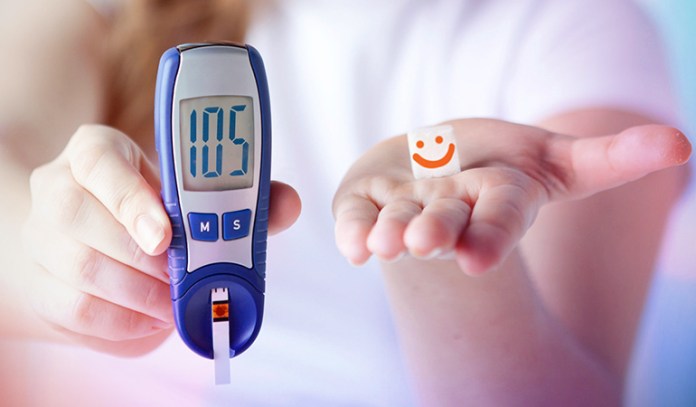Eating before bedtime helps some people sleep better whereas for others it does not. How good or bad it is to eat before bedtime depends a lot on the individual and what food they’ve eaten.
Basically, eating before bed is both good and bad. It has both benefits and side effects. Let’s examine the benefits and side effects of eating before bedtime.
3 Side Effects Of Eating Before Bed
1. It May Cause Weight Gain

We are advised not to eat heavy meals or dinner at least two hours before going to bed. There are studies that prove that meal timings influence the caloric intake of each individual. The results of the study also suggest that eating too close to sleep hours could lead to weight gain.1
Why is this so? Every time you eat, your metabolism increases slightly. However, this is minimized late at night. You don’t experience this high metabolic rate if you eat right before bed because a couple of hours after dinner, your body begins its preparation for sleep. The body does not use as many calories as it would if it were awake. It only requires calories for normal heart and lung functions, which are considerably low.
2. It May Aggravate Acid Reflux

Acid reflux is when your stomach pushes acid back up to your throat. This may cause symptoms like a burning feeling in your chest called heartburn or even the taste of acid at the back of your throat. If you have existing acid reflux symptoms, eating before bedtime will aggravate them. Therefore, it is advised that those with gastroesophageal reflux disease (GERD) refrain from eating within three hours from going to sleep.2
In addition, a heavy meal before bed can make you feel uncomfortable while sleeping and may also cause indigestion. If you’ve eaten too much, the amount of water you drink also increases. This will lead to more frequent bathroom visits that interrupt your sleep.
3. It May Create An Unhealthy Cycle

Some people become extremely hungry before bed because they don’t eat enough during the day. People tend to eat while watching television or working on their laptops. Due to these distractions, most of the time they lose track of how much food they’ve eaten. This becomes an unhealthy cycle and repeats the following day. This unhealthy eating habit can lead to overeating and weight gain.
3 Benefits Of Eating Before Bed
1. It May Stop Night Snacking

If you have night-time cravings, then having a bedtime snack may stop this craving and also aid in losing weight. Studies show that night-time consumption of protein or carbohydrate by overweight women can improve their appetite measures.3
Also, a study involving adults between ages 18 and 65 were asked to consume ready-to-eat cereal with low-fat milk 90 minutes after dinner. Results show that it weakened the calorie intake in night snackers.4
2. It May Provide Better Sleep

For some people, having a healthy midnight snack makes them sleep better or prevents them from waking up in between because they’re hungry. Getting enough sleep is important. Overeating and weight gain are closely associated with lack of enough sleep.
There is no evidence to prove that a small, healthy snack before bed can cause weight gain. So, if you feel that eating a small portion before bedtime puts you to sleep for a longer duration than it would if you hadn’t eaten before bed, don’t stop eating. However, have healthy snacks and a small portion of it and let it stay that way.
3. It May Stabilize Blood Glucose

In the morning, your body produces slightly more glucose to provide energy to begin your day. This hardly affects the blood sugar levels of people without diabetes. However, this affects the diabetics as they do not have enough insulin to remove the excess sugar produced. On the other hand, some people may experience low blood sugar levels (hypoglycemia) during the night, which can cause sleep disturbances.
If you have either of these problems, it is important to consult your doctor and follow the steps to overcome these issues.
Further, there is a study that supports that having bedtime snacks may help prevent these fluctuations in blood sugar levels in hypoglycemic individuals by providing enough energy.5
Try some of these snacks before bedtime: yogurt with berries, a lean turkey sandwich with whole-grain bread, a handful of walnuts, a banana smoothie with low-fat milk. These foods don’t make you feel heavy at the same time satisfy your night-time hunger.
Make sure you avoid sugary foods like donuts, spicy foods, fat-rich foods like burgers, coffee, chocolates, and alcohol as these can interrupt your good sleep.
References





